6 Celebrity Moms Who Have Struggled With Postpartum Depression
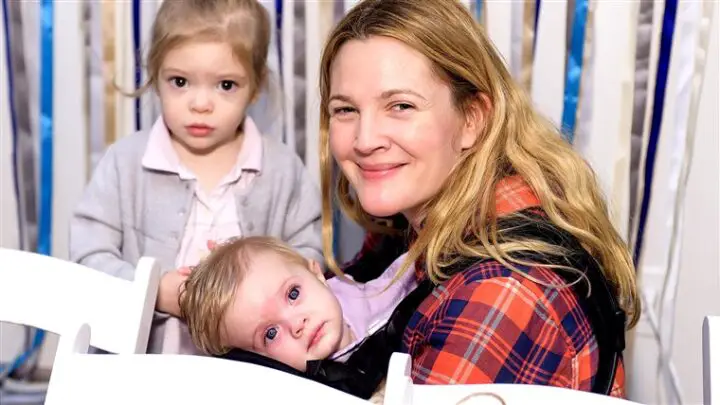
We want to dedicate this post to mothers – those who still do not know they are pregnant, those who are, and those who strive to be the best moms in the world. We also dedicate it to all grandmothers and daughters that one day will be mothers too. There is nothing in this world like a mother’s love, so we should take care of them, understand them, and be supportive.
How many times have you heard about how beautiful motherhood is, the feeling of unparalleled love you feel when you take your child in your arms for the first time. However, how many times have you heard an honest and real confession of the burden you feel when you see that your life has taken a 180-degree turn, that all your free time comes down to changing diapers and preparing food.
These emotions affect 50% of women, and it is a phenomenon known as Baby Blues or mild depression, a phase that usually lasts about ten days after giving birth. Experts attribute it to the hormonal change after pregnancy, directly related to mood, which can cause interrupted sleep, the wear and tear that the period of breastfeeding produces, and the difference in the life rhythm. It makes it easy to understand why this disorder is so common. If the symptoms become lasting and more intense, then it may be postpartum depression.
That is why it is essential to talk about it and not neglect the topic, and it is of particular influence when celebrities share with us their experiences with postpartum depression. It means a lot to women when they can identify with their favorite stars.
Read below about some famous moms who speak candidly about postpartum depression.
1.Sarah Michelle Gellar
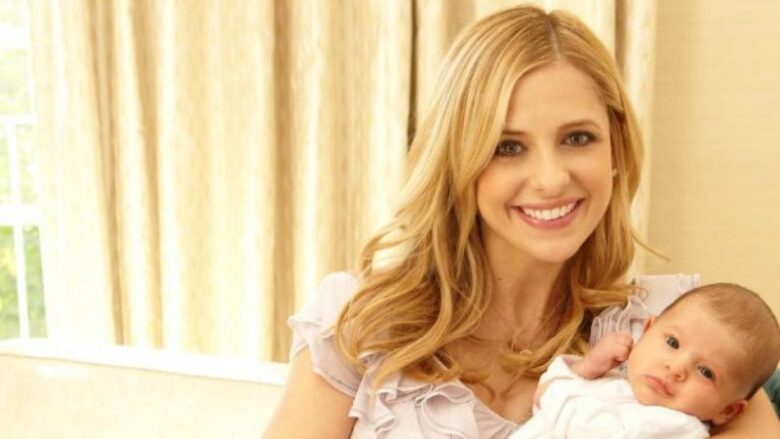
The actress shared with the media that she had been struggling with postpartum depression since the birth of her first child, sought professional help to overcome it, and told all the women who were going through the same thing that they were not alone.
2. Chrissy Teigen
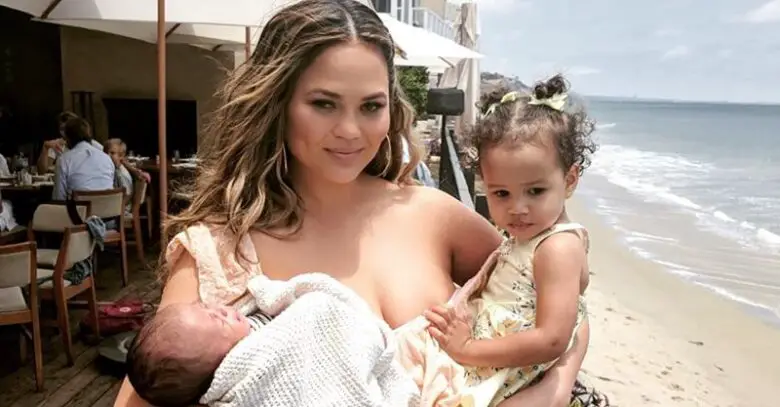
The famous model, who is happily married to John Legend, did not hide the problems she had with depression after giving birth. Teigen even wrote an open letter, published by Glamor, where she spoke openly about her feelings. Crissy said she was always tired, unwell, lacked the strength, and the will to spend time with her baby and that this can happen to absolutely any woman after childbirth.
3. Adele
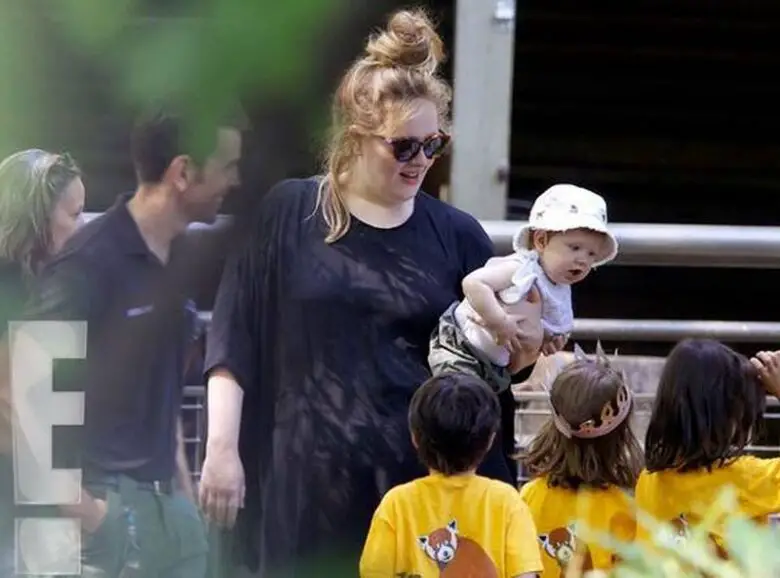
After receiving her son Angelo in 2012, the famous singer felt like her pregnancy was the worst decision in her life, and she was ashamed to share with others how she felt. Still, she mustered the strength to deal with postpartum depression and realized she was not alone in it.
4. Drew Barrymore
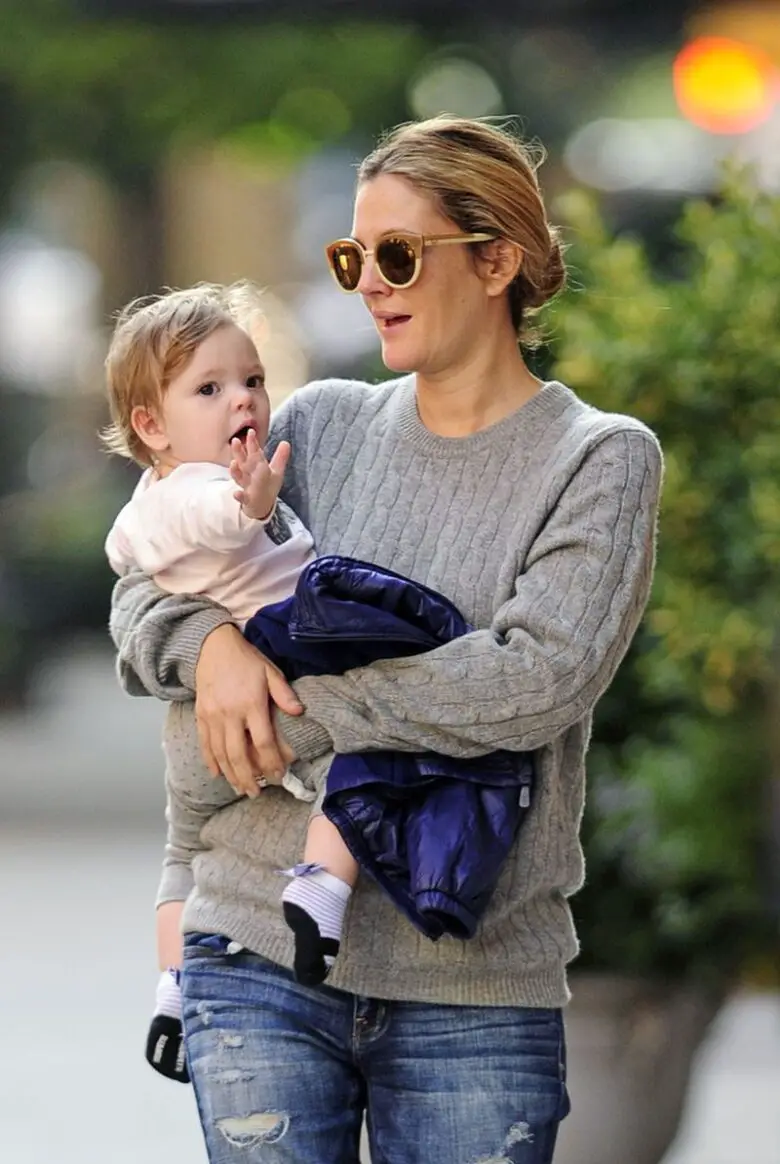
The Hollywood actress also experienced postpartum depression, not after the first birth but after her second child, which confused her even more.
5. Kelly Rowland
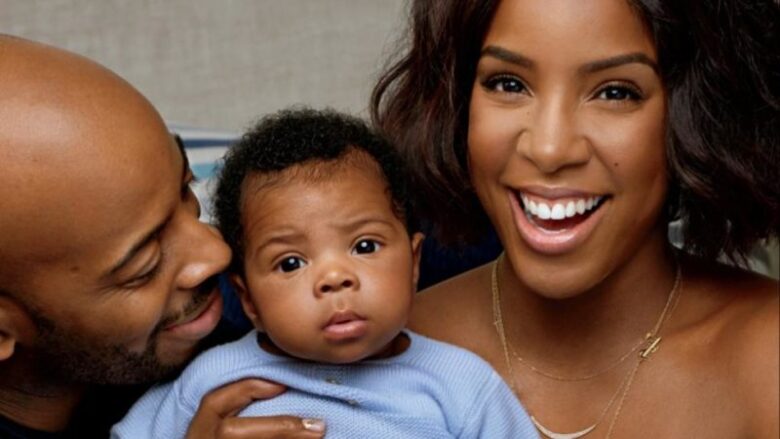
This singer even dedicated one chapter of her book, “Whoa, Baby!” to the traumatic experience she had with postpartum depression. As she says, she wanted to encourage all those women who feel ashamed for feeling depressed after giving birth and let them know that this is perfectly normal and that it can happen to any mother.
6. Gwyneth Paltrow
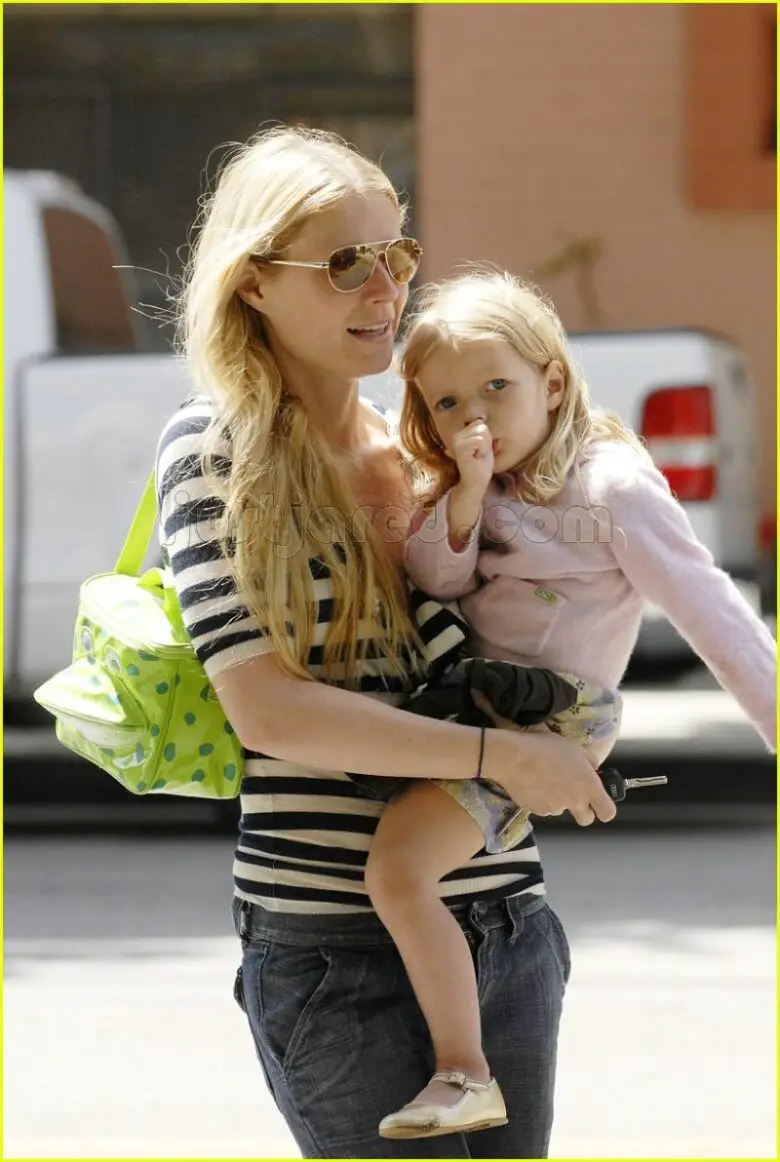
The actress went through a difficult period after becoming a mother for the second time – she did not feel as close to her son as she did with her daughter after the first birth and could not understand why this was happening.
All these famous moms have shared their experiences to help women who are struggling with the same problem.
How to recognize postpartum depression?
These are some signs that you should keep in mind:
– Sadness or recurring crying with or without apparent reason.
– Irritability.
– Feelings of worthlessness, disability, or inadequacy.
– Feeling of loss or interruption of the emotional bond.
– Decay, physical fatigue, and lack of energy.
– Demotivation and loss of interest even when caring for the baby.
– Fear and anguish for the baby to wake up or have to take care of and care for him.
– Ideas related to death.
– Loss of appetite and sleep.
– Negative feelings towards your child.
– Physical symptoms, such as palpitations, headaches.
– Difficult to focus.
If the symptoms continue or worsen, it could be a sign of depression taking place, and that a professional should be consulted.
Good luck!
